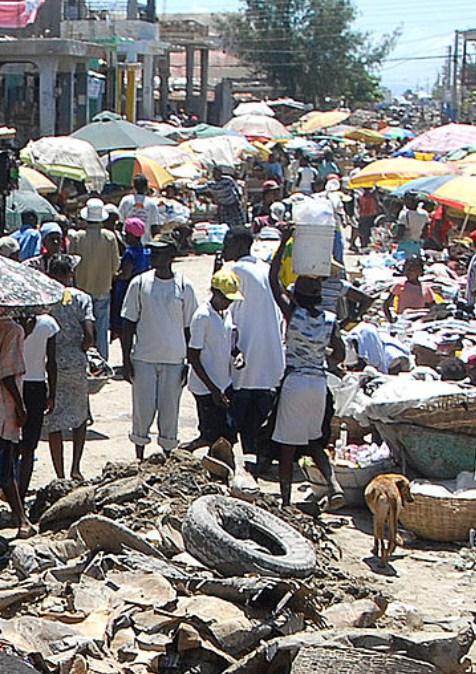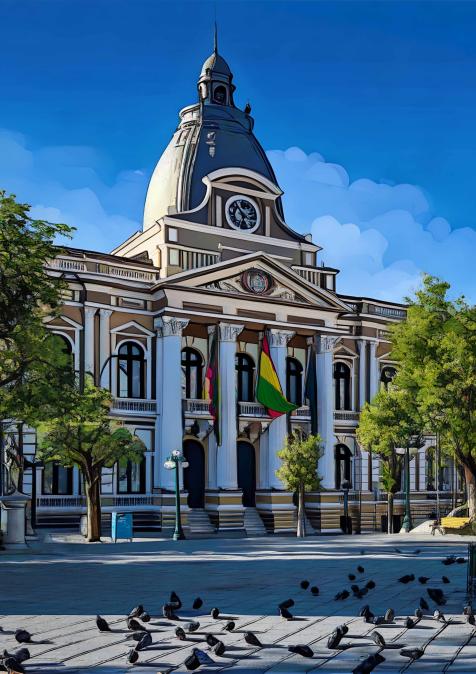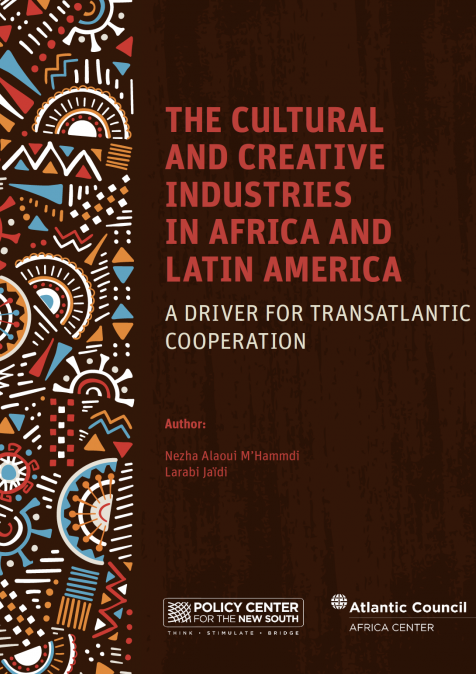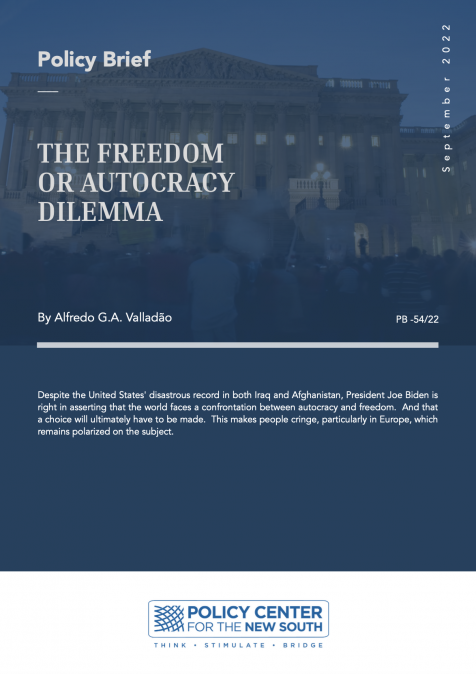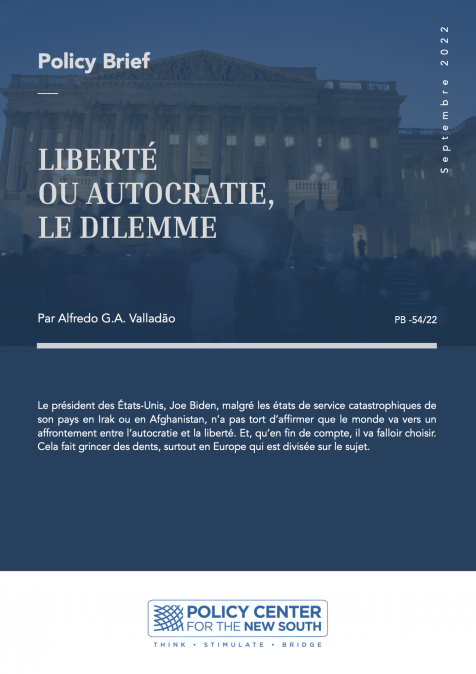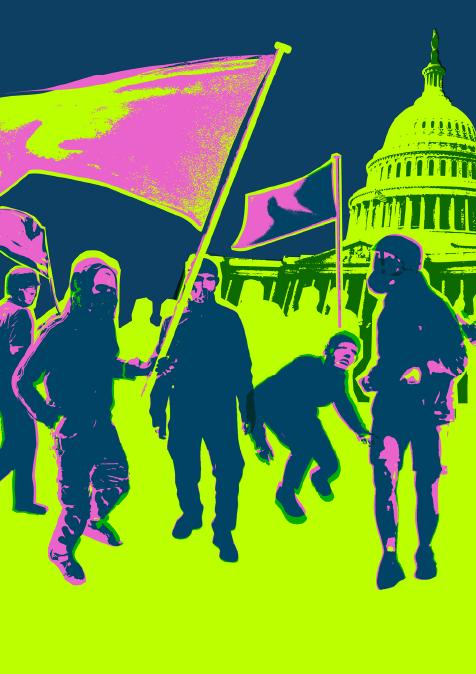Publications /
Opinion
Dual transitions are under way in Cuba. The island is slowly opening its economy, and a new crop of younger political leaders, potentially more open to democratic norms, waits in the wings. A third transition, the rise of digital access, is also in an early stage. But it is this third transition that arguably has the most momentum and could significantly accelerate the first two.
Cuba’s digital transition has largely been bottom up. The citizenry’s curiosity and ingenuity have pushed Havana toward permitting greater online access. And as Cubans connect, they increasingly find economic opportunities and venues to share political dialogue, the latter of which is difficult to do in person. The connectivity also provides more exposure to international pop culture and markets, which Cubans find appealing. This, in turn, increases pressure for political normalization.
The old guard’s success in containing reform momentum owed much to personal allegiance and veneration. Their successors will not stand a chance against Beyoncé.
The Cuban Hacker Spirit
The US has enforced since 1962 a trade embargo on Cuba that not only prevents many American entities from trading with the island, but also bars American trade with non-U.S. entities that engage in commercial relations with Cuba. In this environment, scarcity in Cuba became a way of life.
Havana’s “old timers,” the 1950s and ’60s automobiles that still cruise the Malecon, have become a tourist attraction, but their existence attests to the Cuban response to the trade embargo. Few new cars have been imported, so come hielo or high water, the old ones must keep running.
See the new documentary: Cuba’s Digital Revolution
This Cuban spirit is playing a critical role in the island’s digital transformation. Many Cubans were vaguely aware of the internet in the first decade of the 21st century, but few could access it. Universities were the first and only access points for many millennials. Unable to connect beyond discrete locations at specific times, Cubans began to “backward engineer” the internet. They recreated online functions in an offline setting.
Take the story of Luilver Garcés Briñas. Frustrated by his inability to access Gmail outside his university, he built a program that converted emails to text messages, which are widely available in Cuba. Once he began receiving his emails by text, his buddies quickly wanted in. But not everyone had Gmail, and Luilver tinkered with the code so it could also text Yahoo! emails. He then went further, writing new code that could send updates of almost any kind to Cuban mobile phones. BBC political news, Yankees scores, celebrity gossip—all this and more could be scanned from the internet and texted.
A market for such services rapidly emerged. As the Cuban government began to permit private endeavors, in 2013 Luilver opened his own business named Knales (a play on the Spanish word for channels). The platform allowed costumers to sign up for the updates they wanted.
But how to pay for the services? After all, Cuba has no credit-card or e-commerce infrastructure. To overcome this challenge, Knales helped pioneer digital trade in cell-phone minutes. Mobile-phone access in Cuba is paid for by the minute at a standard price, allowing the minutes to become proxies for pesos, a fungible commodity that can be traded electronically. By exploiting this, Knales became a nationwide provider of information and demonstrated the Cuban hacker sprit by reverse engineering online banking—in cell-phone minutes rather than hard currency.[i]
Luilver was not alone in his endeavors. Starting as far back as 2001 other young Cubans began working to create an island-wide intranet now called SNET. They could not connect with the outside world, but they could link computers at home. A network originally of only a few computers in Havana expanded to include municipalities throughout the country. Users built knock-off versions of many globally popular programs such as Facebook, chat rooms and online gaming, which would at least connect Cuban communities.
Then came El Paquete, The Packet. Lacking cable TV, Netflix, HBO and YouTube, Cubans have been cut off from the wild wonders of modern flat-screen entertainment. They have been missing out on everything from Sean Spicer to “Keeping up with the Kardashians”.
Enter the Cuban hacker spirit to fill the void. El Paquete “dealers” offer a huge inventory of up-to-date digital content, from the latest episodes of Game of Thrones to yesterday’s Real Madrid-Barcelona FC football match. All is available for upload on hard drives.
Cubans may not be able to stream content, but they can usually procure a flash drive. With this drive, they visit the Paquete distributor and download a tailor-made packet of digital content as current as anything airing in the U.S. In essence, Cubans engineered access to digital entertainment without connecting to the internet.
Cuba Online
As Cubans continued to jigger access to internet content, Havana’s intransience to connectivity became untenable. In 2015, as then-U.S. President Obama spearheaded a policy of rapprochement, the Cuban government began opening “Wi-Fi parks” throughout the island. These public parks offer Wi-Fi connections that can be purchased by the minute (just as with cell-phone usage).
Using smart devices—not ubiquitous in Cuba, but not uncommon either—people can now connect to the worldwide web. The prices remain steep: An hour of internet time costs US$2 in a country in which many people officially earn between US$20 and US$30 a month. But that cost is dropping. In 2015 an hour online cost roughly US$5. Still, the sub-par connectivity means an hour can be chewed up just trying to upload a photo or two to Facebook.
For many Cubans, the government’s Wi-Fi parks represent an introduction to the No Collar Economy that has spawned online entrepreneurship. From restaurant-review apps such as AlaMesa to Revolico, the Cuban Craigslist, Cubans prepare content offline and then visit a Wi-Fi spot to upload it.
They are participating in the 21st-century digital economy, and this will have political implications. A more connected Cuba will almost certainly lead to a more democratic Cuba—as long as the US does not again restrict US corporate activity. If it does, American firms such as Sprint and Google may need to discontinue projects to improve the island’s connectivity. And Cuban hardliners would have an excuse to re-consolidate power. Curiously, US President Donald Trump has indicated that he will pursue precisely this counterproductive strategy.

